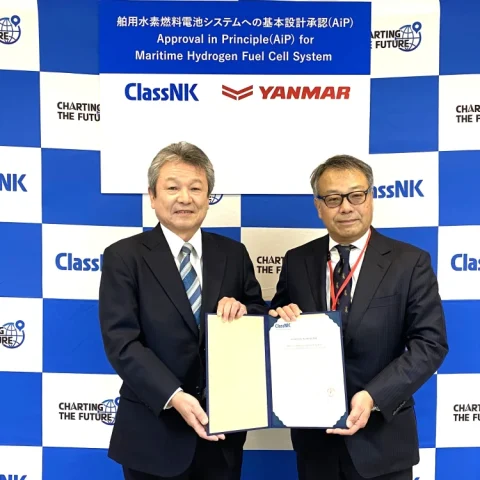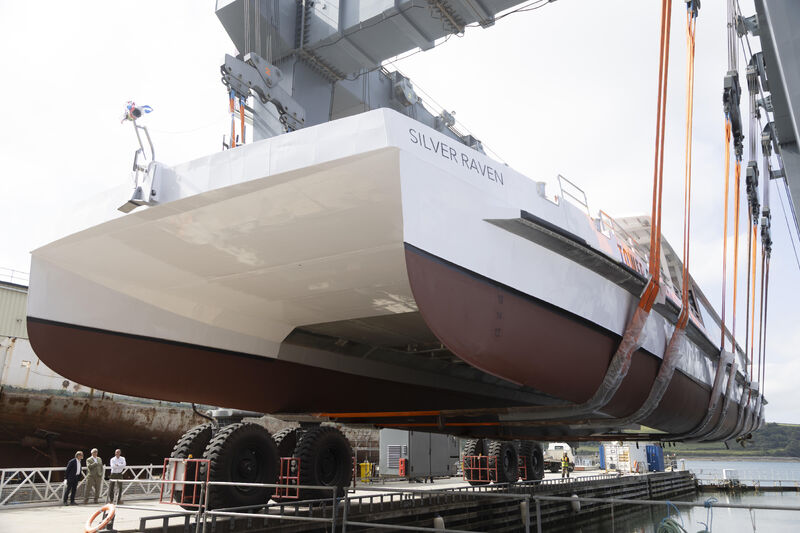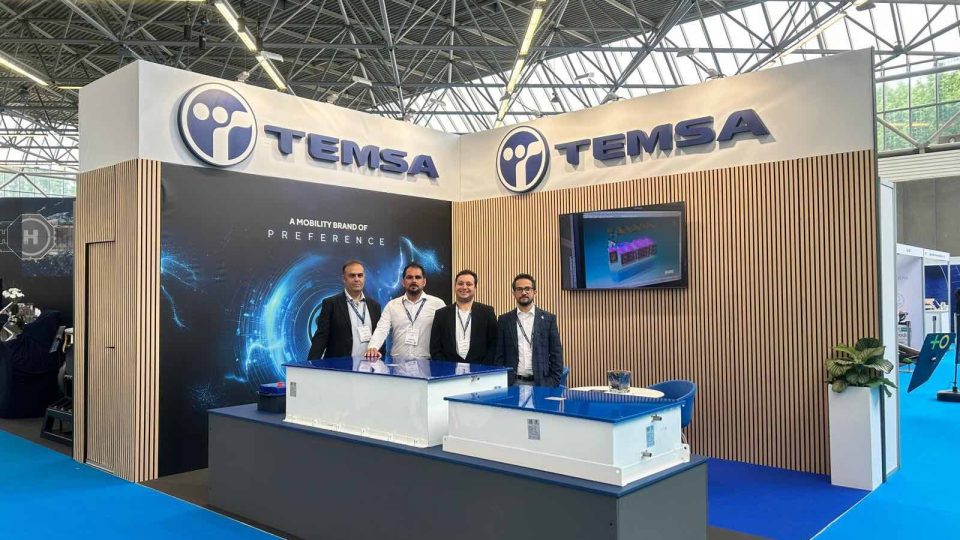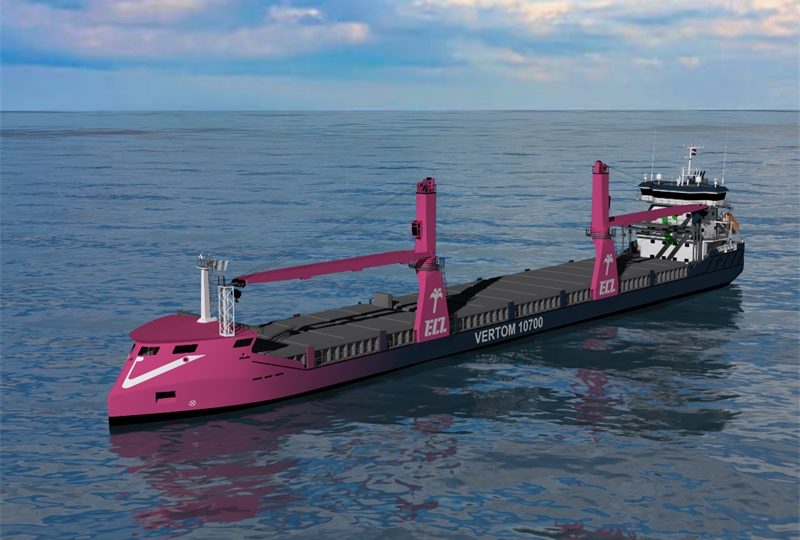Yanmar Power Technology secures Japan’s first approval for maritime hydrogen fuel cell system
Yanmar Power Technology has achieved a significant milestone as the first company in Japan to receive the Approval in Principle (AiP) for its “Maritime Hydrogen Fuel Cell System” from Nippon Kaiji Kyokai (ClassNK), a prominent Japanese maritime association.

Yanmar Power Technology has achieved a significant milestone as the first company in Japan to receive the Approval in Principle (AiP) for its “Maritime Hydrogen Fuel Cell System” from Nippon Kaiji Kyokai (ClassNK), a prominent Japanese maritime association.
The primary objective of this system is to advance the use of zero-emission ships in the maritime sector, effectively eliminating emissions such as CO2, NOX, SOX, PM, and others. The design emphasizes ease of installation, with a configuration that seamlessly integrates key auxiliary components like gas valve units into the system housing. Additionally, the system’s capability for parallel connection of multiple units and flexibility in adjusting the number of installed modules in its housing allow it to cater to diverse ship output requirements.
Both the system and its installed modules have successfully met the prescribed requirements for fuel cell power systems based on ClassNK’s “Guidelines for Fuel Cell Ships (2nd Edition).” This confirmation follows test results conducted in accordance with relevant standards.
Yanmar PT proposed this innovative fuel cell system to a range of vessels, including passenger ships, workboats, and cargo ships, that operate in coastal areas with access to hydrogen infrastructure. This development marks a significant step towards sustainable and environmentally friendly maritime solutions.
Read also: Yanmar: development of hydrogen-fueled 4-stroke engine for vessels











